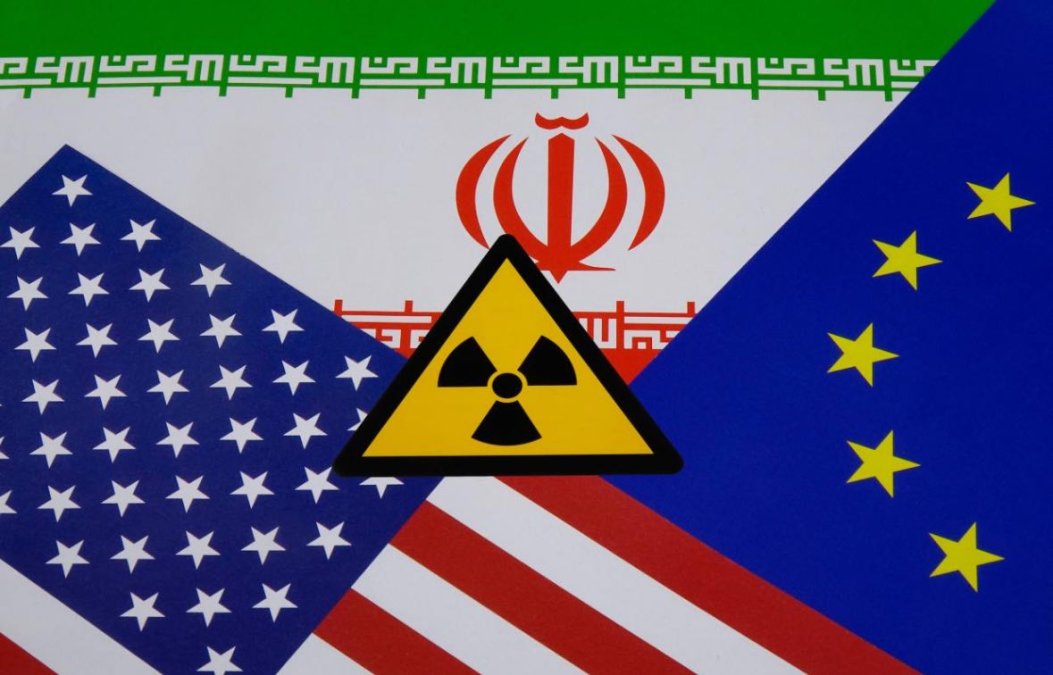JCPOA in the Final Moments: Will Iran Go Under Chapter Seven Again?
JCPOA in the Final Moments: Will Iran Go Under Chapter Seven Again?
According to Irangate News Agency, as the expiration date of some provisions of the nuclear agreement known as the JCPOA approaches, discussions about the potential activation of the snapback mechanism by European countries have intensified once again in political and media circles.
This mechanism, included in the agreement text, allows participating parties to reinstate UN sanctions without needing a new vote if they observe a breach of commitments.
Regional conditions, shifts in global balances, and recent developments in Iran’s relations with the West have made the prospect of using this legal tool and its consequences for Iran one of the main focuses of foreign policy analyses.
What is the Snapback Mechanism?
Under the nuclear agreement known as the JCPOA, concluded in 2015 between Iran and the P5+1 (the US, Russia, China, the UK, France, and Germany), Iran agreed to place its nuclear activities under certain restrictions and operate under the supervision of International Atomic Energy Agency inspectors.
In return, the other parties committed to lifting or suspending sanctions related to Iran’s nuclear program, including six UN Security Council resolutions.
Among the mechanisms included in the agreement was a dispute resolution mechanism, which became known as the snapback mechanism.
The purpose of this mechanism was to enable the reinstatement of UN sanctions without the need for a new Security Council vote in case of any party violating commitments.
This issue was particularly important for Western countries, as they were concerned that if Iran returned to extensive nuclear activities, reinstating sanctions could be difficult due to the potential veto of new resolutions by Russia or China.
According to this mechanism, any member of the participating parties in the agreement can refer a claim of Iran’s non-compliance to the Security Council.
In such a case, if no agreement is reached within a specified period, all previous sanctions automatically return without the need for a new vote.
Legal and Political Dimensions of the Snapback Mechanism
At the time of drafting the JCPOA, this mechanism was considered a guarantee for the implementation of commitments. However, many legal and political complexities have arisen around it, including whether a country that has withdrawn from the agreement, like the US in 2018, still has the right to use this mechanism.
On the other hand, some domestic and international analysts have argued that Iran was under pressure during the design and acceptance of this mechanism and was in a poor negotiating position. Others believe that accepting this mechanism was somewhat inevitable and the only way to ensure the timely lifting of sanctions.
Current Situation and the October 2025 Deadline
According to the JCPOA provisions, the deadline for utilizing the snapback mechanism for participating countries is limited to October 2025.
This means that if this mechanism is not used by the mentioned date, it will not be possible to reinstate UN sanctions through the snapback.
Some analyses suggest that European countries, especially Germany, France, and the UK, might decide to activate this mechanism unless a new agreement is reached with Iran. Otherwise, the possibility of reinstating Security Council sanctions will be lost.
Potential Consequences of Activating the Snapback Mechanism
If this mechanism is activated, previous Security Council sanctions will return, and Iran will again be placed under Chapter Seven of the UN Charter.
This chapter considers the country in question a threat to international peace and security and paves the way for more severe actions, including sanctions and even military action.
In such circumstances, unlike unilateral US sanctions, which some countries might refuse to implement, UN sanctions enjoy global consensus and are considered binding for all UN members.
This issue could impose broader restrictions on Iran’s economic, banking, scientific, sports, and international interactions.
The Position of China and Russia if Sanctions Return
Given that China and Russia have previously voted in favor of sanction resolutions, they are not expected to take specific actions against sanctions if the snapback mechanism is activated.
The economic interests of these two countries with the West, especially with the US and the European Union, are at a level where they prefer not to be in direct confrontation with UN sanctions.
Diplomatic Outlook and Iran’s Position in Global Equations
Activating the snapback mechanism could have long-term implications for Iran’s position in the international structure.
Returning to Chapter Seven of the UN Charter not only limits diplomatic paths but also weakens Iran’s position in organizations like BRICS or the Shanghai Cooperation Organization.
This is because the membership of countries recognized as security threats in such organizations is usually faced with restrictions.
Some analysts believe that instead of continuous confrontation, revising foreign policy and moving towards tension reduction could pave the way for reducing pressures and taking advantage of international opportunities.
Especially in situations where some internal threats, such as the population crisis, environmental issues, or social dissatisfaction, are as significant as external threats, including Israel.
What Will Happen?
The snapback mechanism is a procedure for reinstating international sanctions in case of JCPOA commitment violations. As the deadline for using this mechanism approaches in October 2025, the likelihood of its activation has increased.
Returning to Security Council sanctions could have extensive economic and political consequences for Iran and make international interactions in many areas more challenging.
In such a scenario, decision-making bodies in Iran face two main paths: continuing a confrontational approach, which increases the likelihood of intensified pressures, or revising foreign policy to reduce tensions and take advantage of diplomatic opportunities.
Choosing between these two paths will have a direct impact on the country’s economic, security, and social future.

